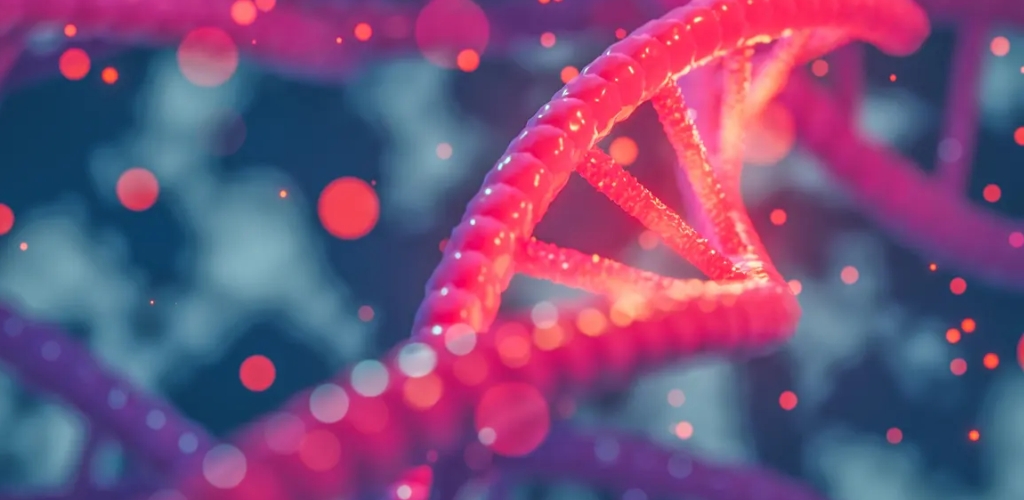Epigenetics, the study of heritable changes in gene expression that do not involve alterations in the DNA sequence, has emerged as a crucial field in understanding the complex interplay between genetics, environment, and reproductive health. As we delve deeper into the realm of epigenetics, it has become increasingly clear that the lifestyle choices and environmental exposures of both men and women can have profound impacts on their fertility and the health of their offspring.
The Impact of Epigenetics on Gametogenesis and Embryonic Development
During the process of gametogenesis, the formation of sperm and egg cells, epigenetic modifications play a vital role in regulating gene expression. Disruptions in these epigenetic patterns can lead to abnormal sperm and egg cell development, contributing to infertility in both men and women. Moreover, epigenetic marks established during gametogenesis are passed on to the developing embryo, influencing its growth and development.
Environmental Factors and Epigenetic Modifications
Lifestyle choices and environmental exposures can trigger epigenetic changes that affect reproductive health. Factors such as stress, diet, smoking, and exposure to toxins can alter DNA methylation patterns and histone modifications, leading to changes in gene expression that may contribute to infertility, pregnancy complications, and developmental disorders. For instance, studies have shown that paternal exposure to stress or environmental toxins can lead to epigenetic changes in sperm that are passed onto the offspring, potentially increasing their risk of developing certain diseases.
Epigenetic Therapies and Interventions
As our understanding of the role of epigenetics in reproductive health continues to grow, researchers are exploring the potential of epigenetic therapies and interventions to improve fertility and pregnancy outcomes. These approaches aim to modulate epigenetic patterns through the use of drugs, dietary supplements, or lifestyle modifications. While more research is needed in this area, preliminary studies have shown promising results in improving sperm quality, reducing the risk of pregnancy complications, and enhancing the success of assisted reproductive technologies.
The Importance of Preconception Care
Given the significant impact of epigenetics on reproductive health, it is crucial for individuals to prioritise preconception care. This involves optimising their health and lifestyle choices before attempting to conceive, to ensure the best possible outcomes for both the parents and the child. Preconception care may include adopting a healthy diet, engaging in regular exercise, quitting smoking, and minimising exposure to environmental toxins.
Conclusion
Epigenetics has revolutionised our understanding of reproductive health, highlighting the complex interplay between genetics, environment, and lifestyle choices. By recognizing the importance of epigenetic modifications in gametogenesis, embryonic development, and the health of future generations, we can take proactive steps to optimise our reproductive potential and ensure the well-being of our offspring. As research in this field continues to advance, we can look forward to the development of more effective interventions and therapies that will help individuals overcome infertility and achieve healthy pregnancies.
Citations:
[1] https://www.tecan.com/blog/epigenetics-adding-a-new-layer-to-health
[2] https://www.micropticsl.com/epigenetics-fertility/
[3] https://www.activemotif.com/blog
[4] https://www.mdpi.com/journal/ijms/special_issues/6D353M5BW8




